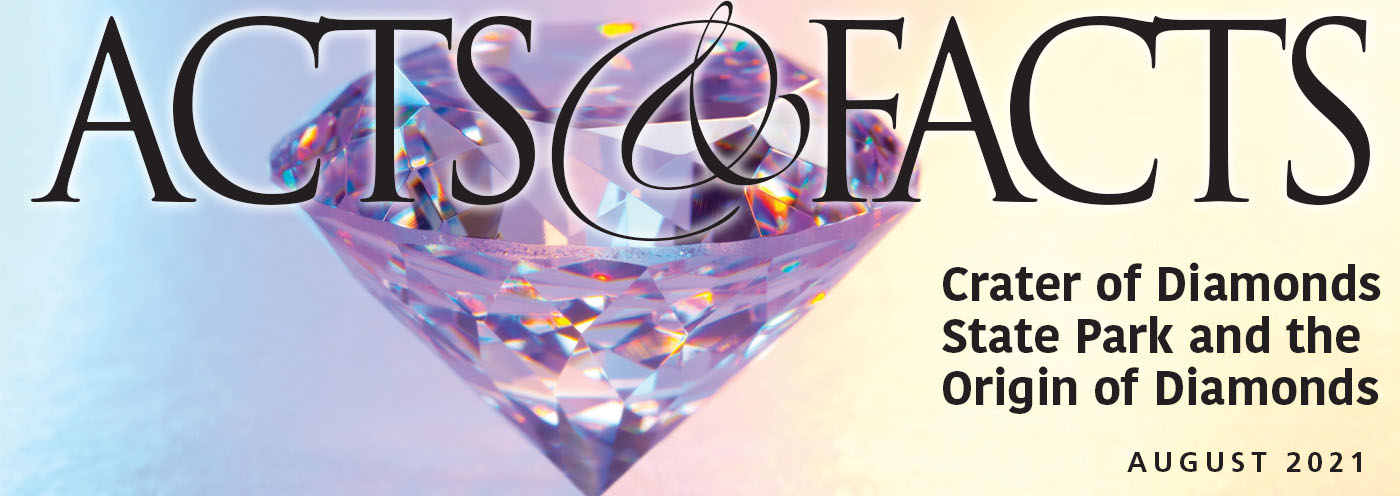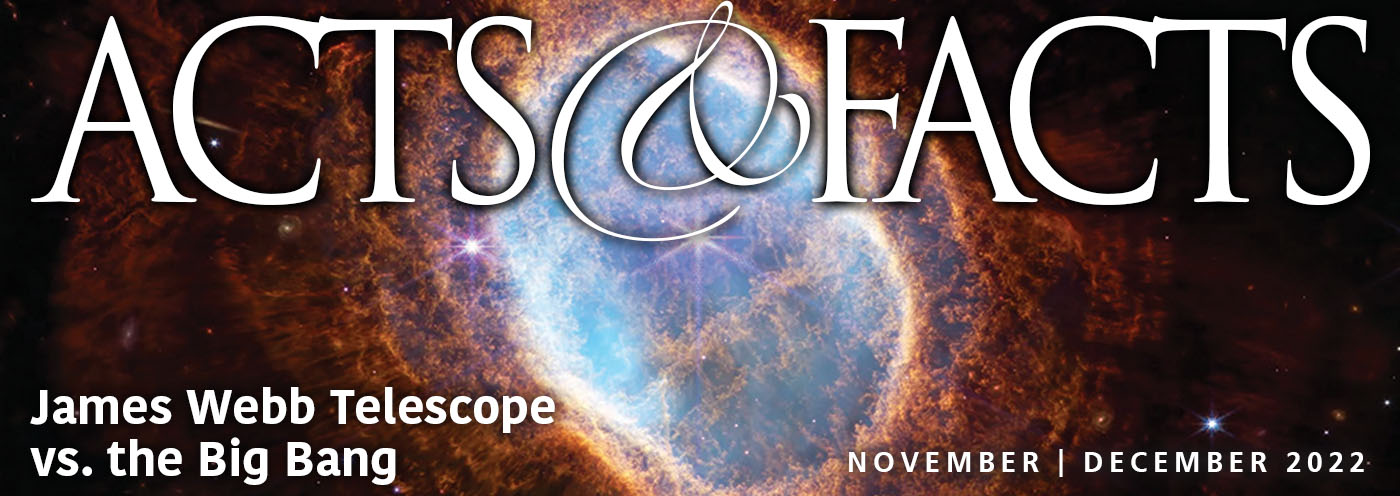“In the beginning God created the heaven and the earth.” (Genesis 1:1)
Scripture begins with the historical account of the origin of the universe. The first verse of our God-breathed message opens with an unmistakable statement. In fact, Genesis 1 and 2 are so clear that even my four-year-old granddaughter comprehends without question that in six 24-hour days, God created everything.
The Hebrew verb bara means to bring something into existence out of nothing. The beginning chapters of Genesis have been the universal confidence of God’s chosen people down through history until the introduction of the erroneous theory of evolution and natural selection. In light of this, ask yourself a few simple questions.
Do you believe in the literal interpretation of Genesis 1–2?
Do you submit to Scripture?
Some cloud the origins discussion with “modern science,” but this is not relevant to the question. True science necessitates verification by repetition, and creation cannot be repeated. Creation had only one observer, and He recorded exactly how He accomplished His creative task. Additionally, creation was supernatural—a series of instantaneous and inexplicable non-repeated miracles. Finally, the creation account is not to be messed with (Revelation 22:19).
How did you fare in the Scripture Test? Correctly answering means you believe in the perspicuity (clarity) of Scripture and that it’s inerrant, authoritative, and complete. Incorrectly answering means you have a compromised view of Scripture.
Here’s a follow-up question for all of us: If Genesis can’t be trusted, exactly where do we start believing the Bible? CM
 Days of Praise Podcast is a podcast based on the Institute for Creation Research quarterly print devotional, Days of Praise. Start your day with devotional readings written by Dr. Henry Morris, Dr. Henry Morris III, Dr. John Morris, and others to strengthen and encourage you in your Christian faith.
Days of Praise Podcast is a podcast based on the Institute for Creation Research quarterly print devotional, Days of Praise. Start your day with devotional readings written by Dr. Henry Morris, Dr. Henry Morris III, Dr. John Morris, and others to strengthen and encourage you in your Christian faith.











